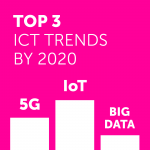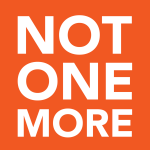International Women’s Day | Closing on a 217-Year Gap
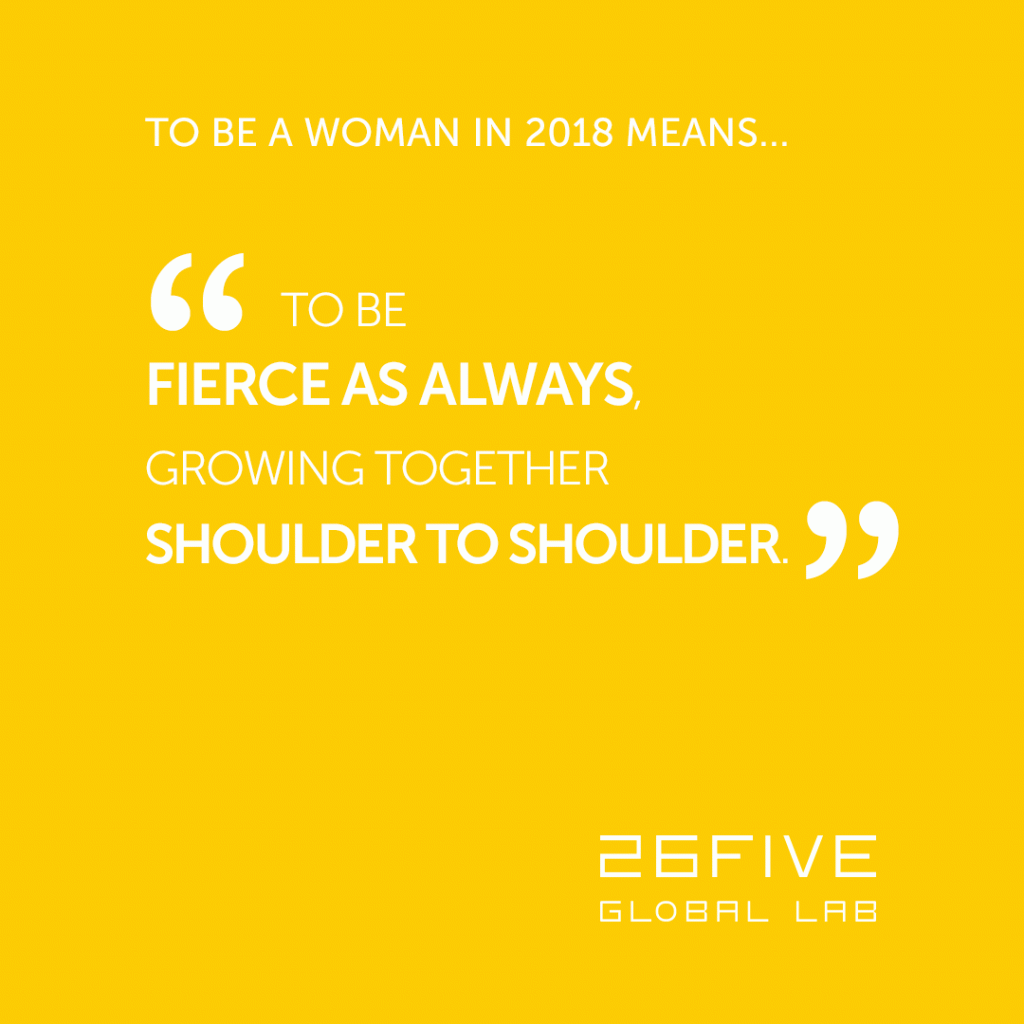 We believe one should be in the world when in the workplace. We believe that workplace should reflect how we want to see the world.
We believe one should be in the world when in the workplace. We believe that workplace should reflect how we want to see the world.
So our steady 50/50 gender parity across locations, our contingent of women leaders – both in and out of the office – and the incredible success of our ladies, make our world proud.
The World Economic Forum has been benchmarking 144 countries on their progress towards gender parity across four thematic dimensions – economic participation and opportunity, educational attainment, health and survival, and political empowerment – analyzed in their World Gender Gap Report.
As we celebrate International Women’s Day and cheer the #metoo and #timesup movements, the latest report is concerning. While “many countries have made considerable progress,” for the first time since 2006, 2017 will be the year global gender parity shifted into reverse.
“At the current rate of progress, the overall global gender gap can be closed in 61 years in Western Europe, 62 years in South Asia, 79 years in Latin America and the Caribbean, 102 years in Sub-Saharan Africa, 128 years in Eastern Europe and Central Asia, 157 years in the Middle East and North Africa, 161 years in East Asia and the Pacific, and 168 years in North America,” according to the report.
Given the “continued widening of the economic gender gap,” female economic power proves to be a particular issue. A gap predicted to remain inequitable for another 217 years.
“While all world regions record a narrower gender gap than they did 11 years ago, more efforts will continue to be needed to accelerate progress.”
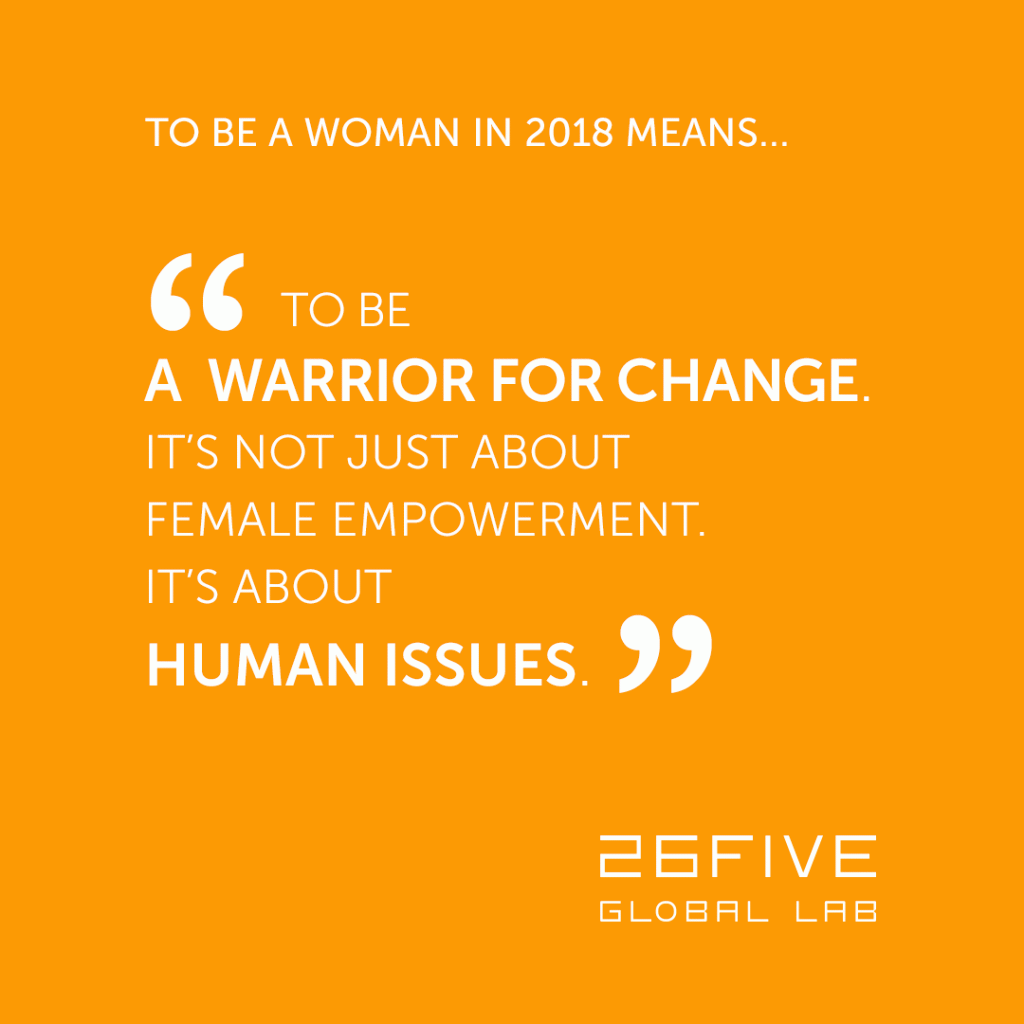 That’s right. The report remains a bittersweet reminder that progress does not simply “happen,” but requires active participation and contribution fusing the individual and the collective. Meeting diversity quotas is not enough. What some companies and corporations that yield the most economic power truly doing to achieve global gender parity does. And the initiatives are they taking to close the gap, deliver tangible results that shake the equation.
That’s right. The report remains a bittersweet reminder that progress does not simply “happen,” but requires active participation and contribution fusing the individual and the collective. Meeting diversity quotas is not enough. What some companies and corporations that yield the most economic power truly doing to achieve global gender parity does. And the initiatives are they taking to close the gap, deliver tangible results that shake the equation.
The question is: how will we – women and men – accelerate the 217 years for gender parity to become a global reality?
This year, Accenture holds its 14th annual International Women’s Day celebration. With a conference in Dublin dedicated to discussing the actions that can be taken to advance gender parity and equality in the workplace, it launched its #GettingToEqual campaign to salute the individuals who champion equality in the workplace and beyond.
We are proud to be part of the #GettingToEqual initiative in India, providing an online platform to show appreciation to colleagues, employers and employees who have worked tirelessly towards a culture of equality.
This is one of the programs we are proud of. It transforms systems of inequality from within and celebrates success that set an example for others. It is how we ensure one is in the world when in the workplace. It is how a workplace reflects how we want to see the world…
– Giorgia Popermhem

